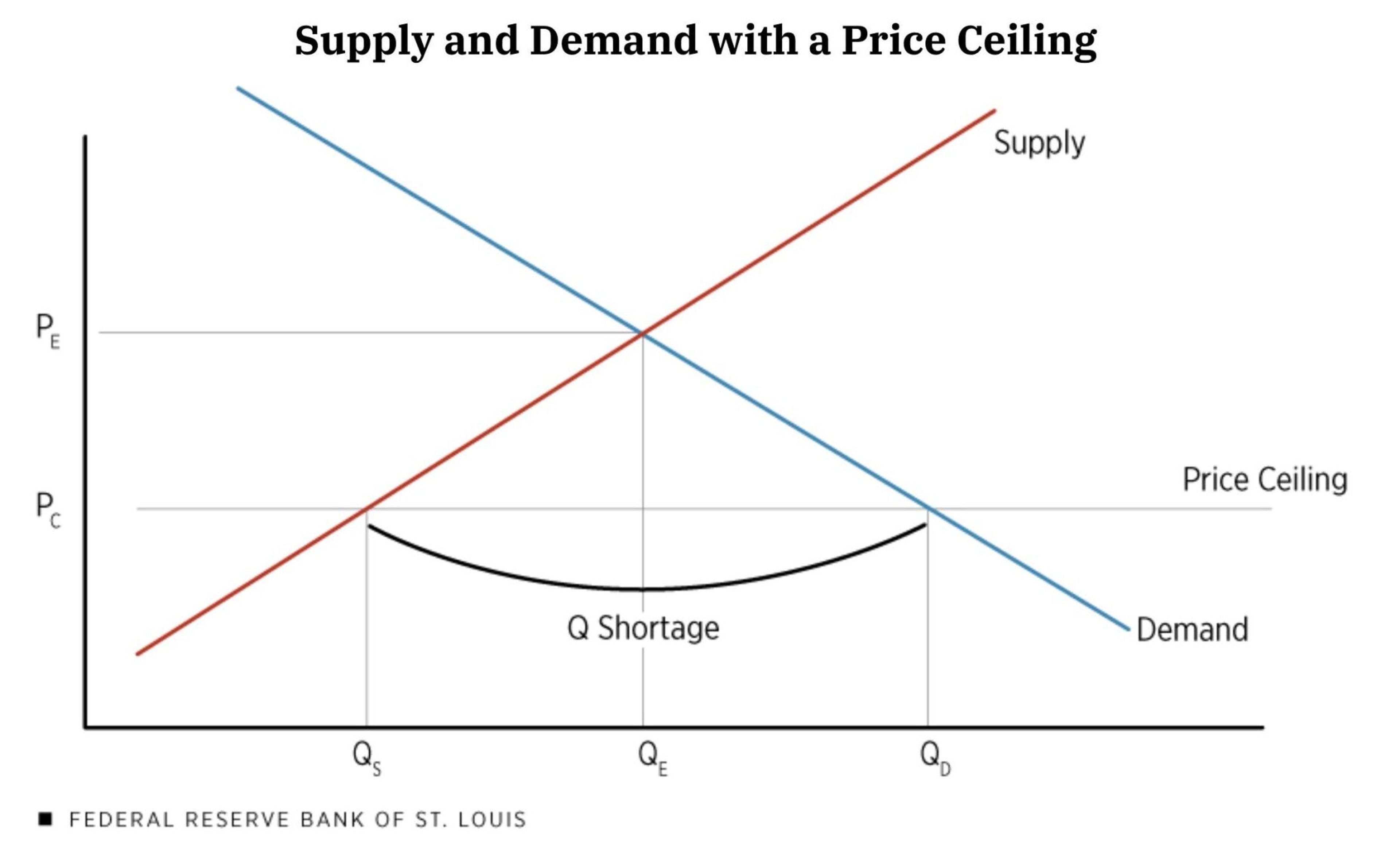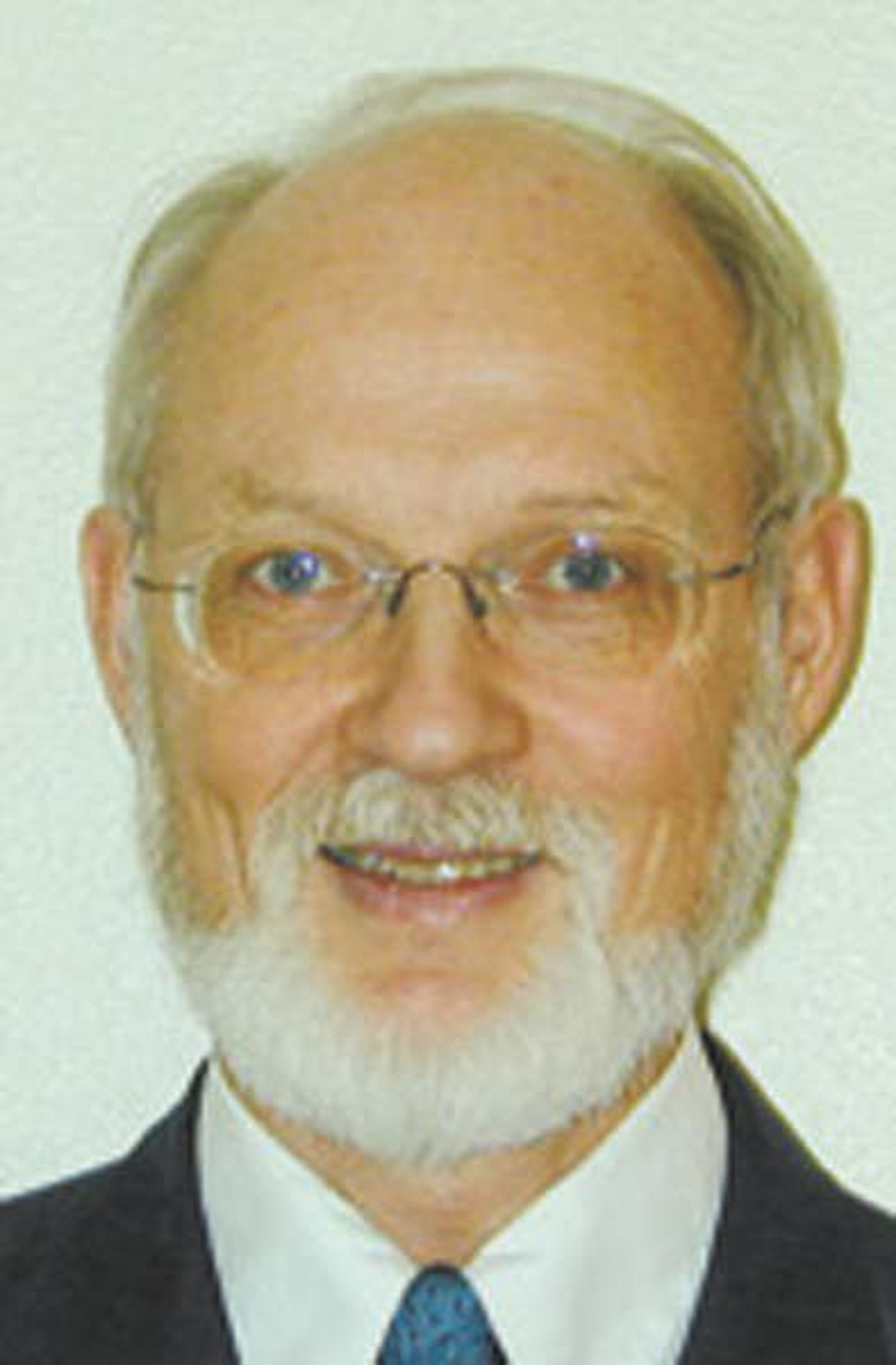Hoodoo asks for $100,000 from Latah County
Money would pay for costs associated with Harvard’s water shortage; commissioners extend emergency declaration
Latah County commissioners extended an emergency declaration Wednesday for Harvard’s Hoodoo Water and Sewer District and next week will consider supplying as much as $100,000 to the district to help pay incurred and future costs to address the unincorporated town’s water crisis.
The commissioners declared an emergency July 7 because Harvard’s lone 105-foot-deep drinking water well is not producing enough water for the people it serves.
Kristina Gillespie-Jaques, Mountain Waterworks business manager, told the commissioners Wednesday she is working closely with the district to find short-term and long-term solutions that will provide safe and reliable drinking water to Harvard.
She said the district’s cash reserves are depleted and money is needed to pay for the costs associated with emergency operation of the system. About $20,000 has been incurred so far and thousands of dollars more will be needed to continue to supply water to residents over the next two months while figuring out solutions to fix the issues.
Commissioner Kathie LaFortune said the county’s auditor and legal offices need to be consulted before the county could provide financial assistance.
Clerk/Auditor/Recorder Henrianne Westberg said the federal American Rescue Plan Act funds the county received could likely be used because the money covers water infrastructure issues.
Westberg said after the official meeting that the county has assisted other towns and water and sewer districts in the past with similar infrastructure issues.
“I’m a little concerned about where you draw the line,” she said.
LaFortune said publicly after the official meeting that the county needs to be fair and equitable. She added that the Hoodoo Water and Sewer District needs to set water and sewer rates that can pay for situations like the one it is in.
Gillespie-Jaques said she and Latah County grant writer Christina Mangiapani will work with state and federal agencies on possible grant funding. The commissioners extended the emergency declaration, which is in effect until the commissioners terminate it, so state and federal funds could potentially be accessed.
“The district really is continuing to limp along by pumping at the rate of 26 gallons per minute,” Gillespie-Jaques said.
After 30 to 40 minutes, the operator has to shut the pump off to allow the aquifer to recharge, which has been the same process the last seven to 10 days, she said.
She said residents are trying to conserve water and are still under a water boil order because of coliform bacteria discovered in the drinking water.
Gillespie-Jaques said the cities of Potlatch and Deary helped fill the district’s water reservoir early last week to about 75 percent capacity. The district is purchasing bottled drinking water for residents and Mountain Waterworks, a water and wastewater utility engineering company based in Boise with its nearest office in Lewiston, and the Idaho Rural Water Association donated a truckload of bottled drinking water to Harvard.
A well service provider will be on site next Wednesday to analyze potential operational deficiencies of the well pump, but Gillespie-Jaques said that is unlikely to be the cause of the emergency since the provider installed the pump 18 months ago. It will also provide camera work to analyze the condition of the well casing and what the water situation is deep in the well.
She said she hopes the district will hire a Moscow hydrologic services company to evaluate the well site, aquifer, rainfall and groundwater data and the potential for a sustainable well source for the district. Engineering and environmental evaluations will need to be done to potentially secure state and federal emergency funding.
LaFortune said the commissioners will make a decision on whether the county will provide money, and the amount, at its regular meeting Monday or Wednesday.
Cabeza can be reached at (208) 883-4631, or by email to gcabeza@dnews.com.







